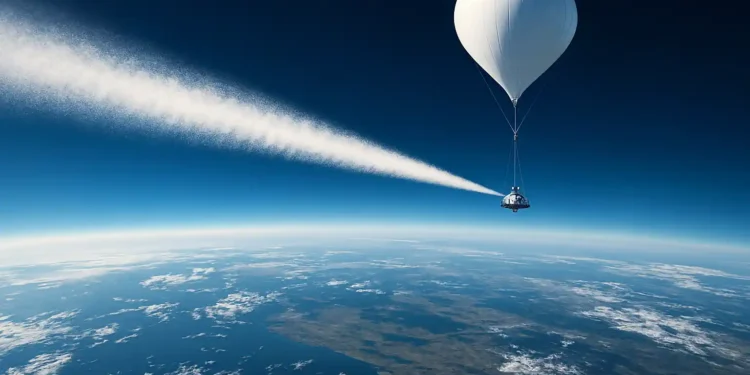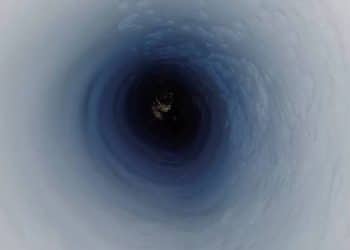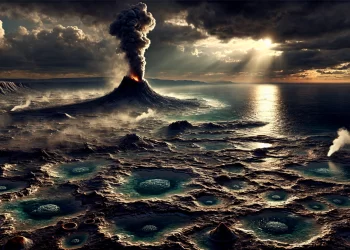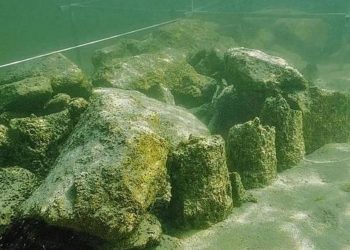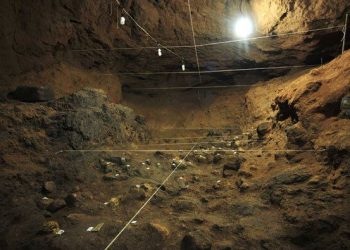As global temperatures continue to rise, some scientists are exploring technologies that might seem like science fiction. One such idea is geoengineering to cool the Earth — deliberately altering the atmosphere to reflect sunlight and reduce warming. Though controversial, this approach has evolved from theoretical models into real-world planning, sparking international debate over its risks, feasibility, and ethics.
Among the most closely watched proposals is a method known as stratospheric aerosol injection. It involves releasing reflective particles, such as sulfur dioxide or calcium carbonate, into the upper atmosphere to bounce a portion of sunlight back into space. The concept is inspired by natural phenomena like volcanic eruptions, which have temporarily cooled the planet by dispersing sun-blocking particles.
Back in 2018, researchers at Harvard University proposed a small-scale field experiment called SCoPEx (Stratospheric Controlled Perturbation Experiment). The goal was to test how aerosols behave in the stratosphere, using a high-altitude balloon to release small amounts of particles and measure their effects on sunlight and atmospheric chemistry.
What’s changed since 2018?
Is it a good idea to perform geoengineering to cool the Earth?
By 2024, however, the project was officially canceled following sustained opposition — particularly from Indigenous communities and environmental organizations in Sweden, where the test was scheduled. Critics argued that even small-scale experiments could normalize larger, more dangerous interventions without global consent.
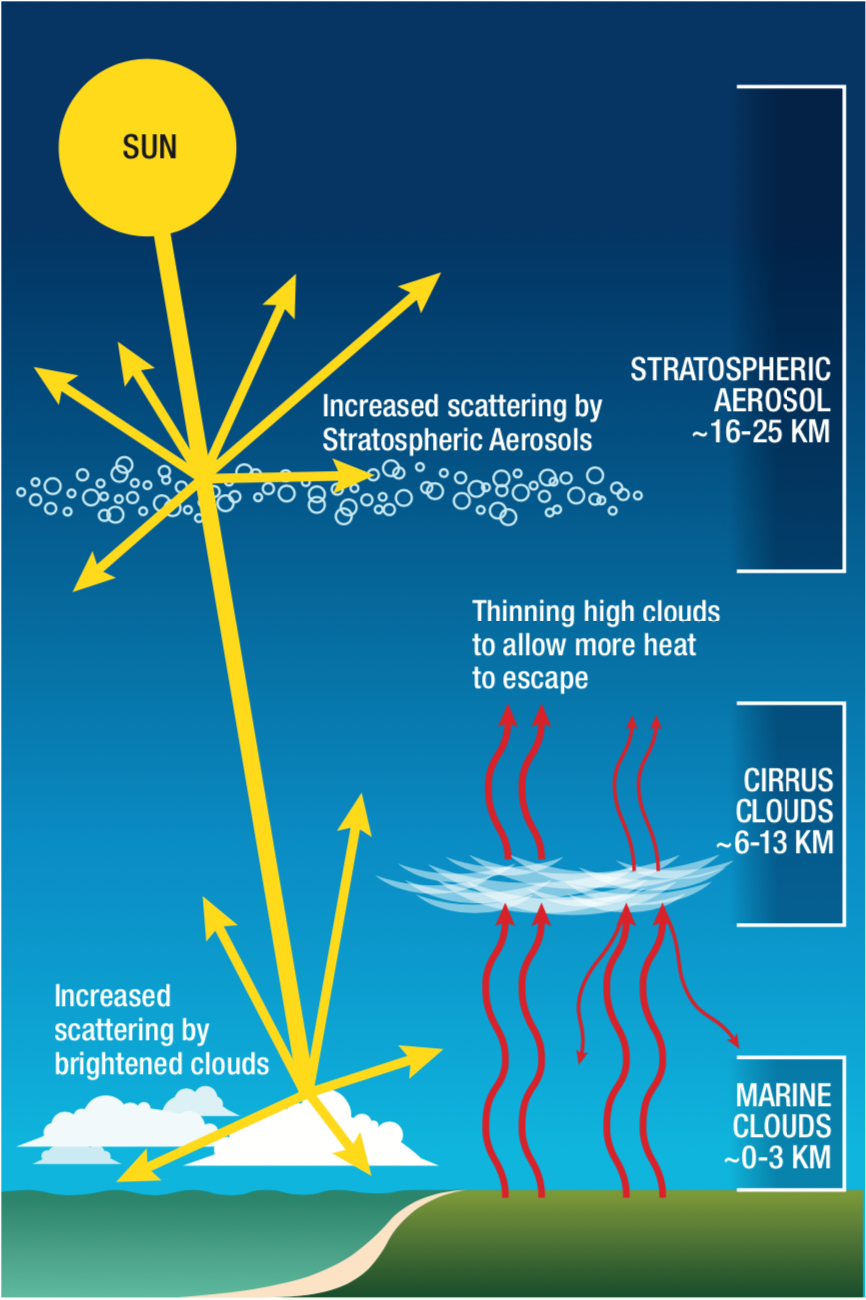
Despite the cancellation of SCoPEx, the broader idea of solar geoengineering to cool the Earth is far from abandoned. Several research institutions, including the U.S. National Oceanic and Atmospheric Administration (NOAA), have begun developing tools to monitor and detect unauthorized geoengineering activity. The need for oversight is growing as concerns mount that future climate interventions could be attempted unilaterally — with unintended global consequences.
The science and the concerns
Lab experiments and climate models continue to suggest that reflective particles could, in theory, lower global temperatures. But the potential side effects are still poorly understood. Some scientists worry that manipulating the stratosphere might disrupt rainfall patterns, intensify hurricanes, or lead to sudden warming if programs are ever halted.
There are also geopolitical risks. Some experts fear that nations might attempt to weaponize solar geoengineering or use it as a form of climate leverage. Others caution that reliance on atmospheric interventions could distract from reducing greenhouse gas emissions — the root cause of climate change.
Where it goes from here
As the planet continues to warm, the conversation around geoengineering to cool the Earth is no longer confined to the fringes. Governments, climate scientists, and international organizations are now discussing how to regulate — or restrict — these technologies before they’re ever deployed.
Whether solar geoengineering becomes part of humanity’s climate toolkit or remains a last-resort idea, one thing is clear: it raises complex scientific, ethical, and political questions that the world must confront together.



